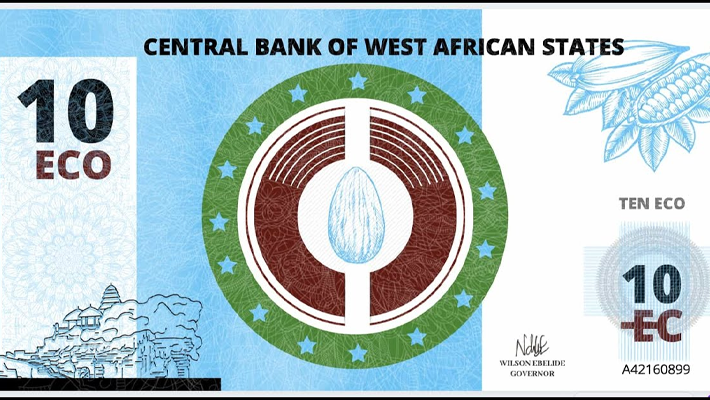(3 Minutes Read)
ECOWAS single currency project roadmap is a 2021-2027 timeline but as it stands today, achieving this remains a tall order. The single currency project remains dim as countries within the West African Monetary Zone (WAMZ) are battling hydra-headed challenges, which have made it difficult for them to meet all four primary convergence criteria on a sustainable basis for the remaining three years.
The quest for a single currency by WAMZ will take much longer to achieve as the convergence indicators have declined significantly. The assessment of member states’ performance reveals that, as of the end of June 2023, all member states failed to meet all four primary convergence criteria.
The medium-term projections on macroeconomic convergence, as indicated by the multi-year national macroeconomic convergence and stability programmes of the Member States, suggest that none of the WAMZ Member states will meet all the four primary convergence criteria on a sustainable basis for the remaining three consecutive years (2024-2026) of the convergence phase of the ECOWAS Single Currency Roadmap (2021-2027)”, stated Dr Olorunsola Olowofeso, Director General of WAMZ.
Nigerian Minister of Finance, and now the WAMZ Convergence Council Chairman, Wale Edun, called for harder work to achieve the objectives of the regional bloc. Edun said that what WAMZ member countries seek to achieve in terms of regional economic integration might be difficult but not impossible.
Read Also:
https://trendsnafrica.com/ecowas-lifts-sanctions-on-niger/
https://trendsnafrica.com/plea-to-strengthen-ecowas/
https://trendsnafrica.com/ecowas-tells-senegal-to-hold-elections/
ECOWAS have the wherewithal and resilience to realize this ambition and just need to be very smart in planning and prioritization, as well as decisiveness in actions. The group must, as a bloc, work together to strengthen and improve the economies of the Zone, further stated the Council Chair, and exhorted his commitment to advance this regional agenda. He also stated that Nigeria was grappling with its share of macroeconomic imbalances and disruptions.





